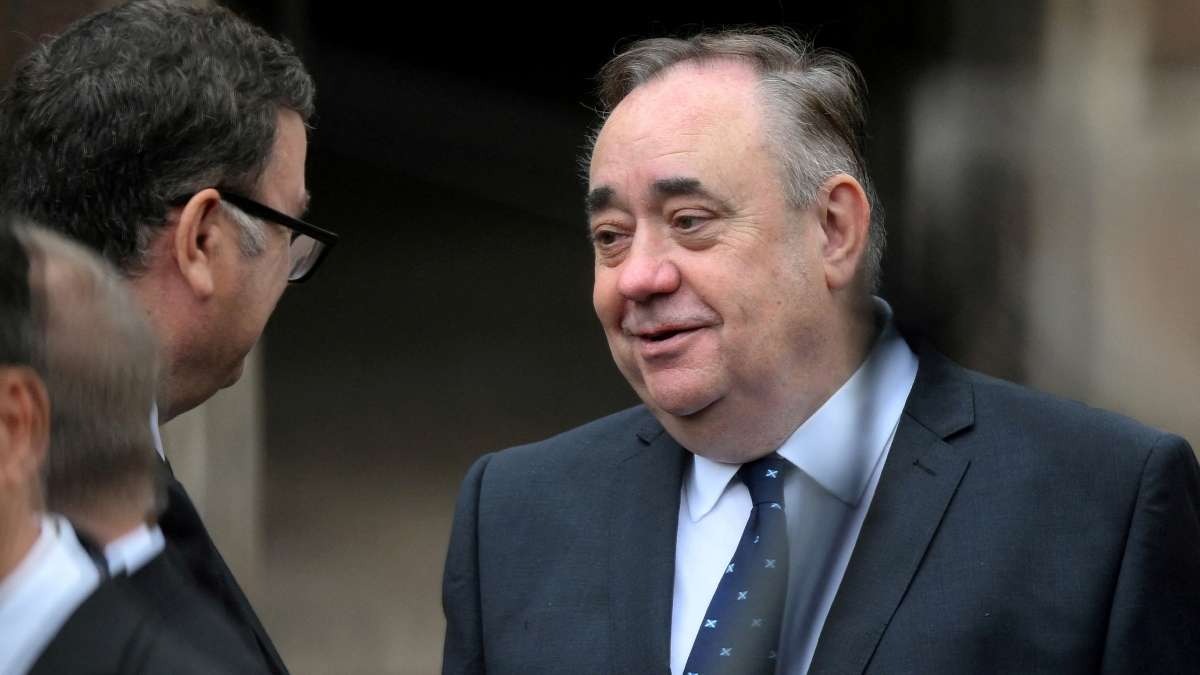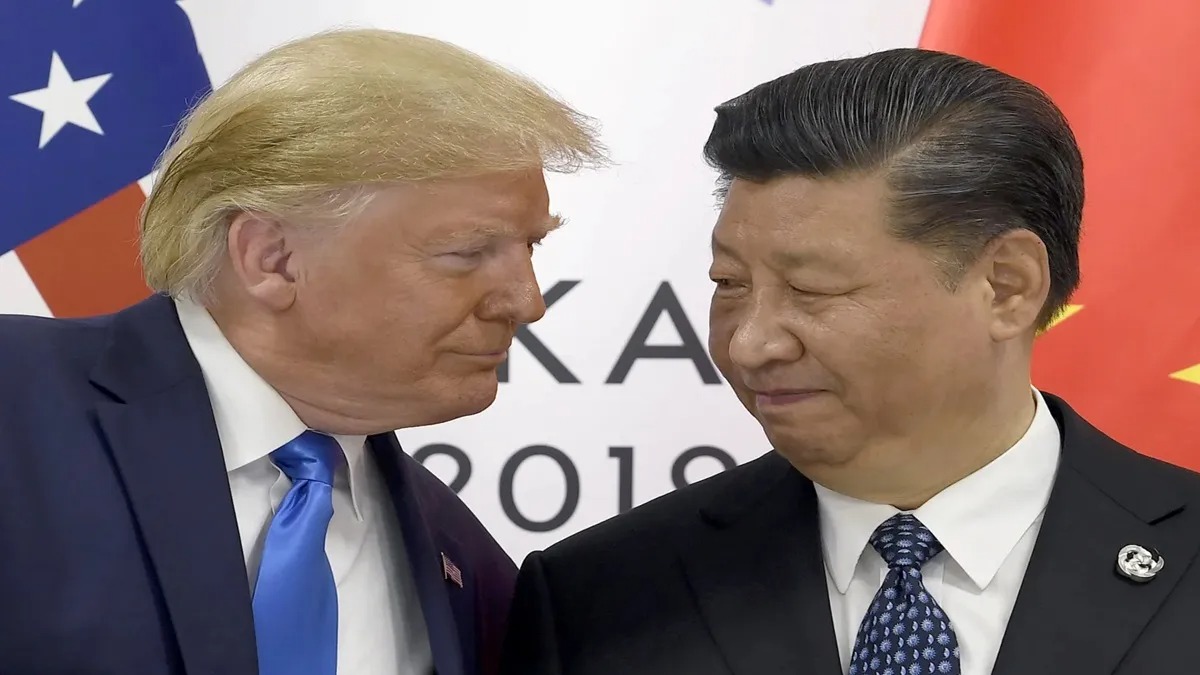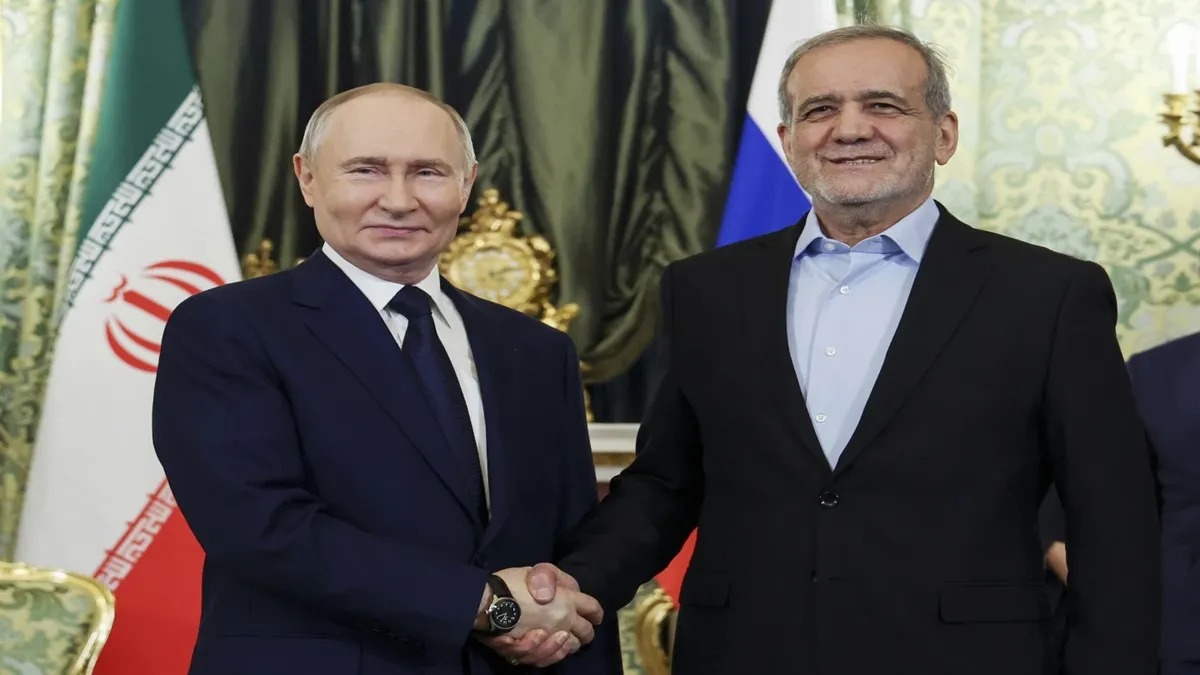
International: Alex Salmond, former Scottish First Minister who played a monumental role in the country's politics and brought Scotland on the verge of independence from the United Kingdom, died on Saturday at the age of 69. Salmond, one of the move divisive figures in British politics, had collapsed after giving a speech in North Macedonia, according to BBC.
“Unfortunately, Alex Salmond, the former first minister of Scotland who was one of the panellists at yesterday's cultural diplomacy forum that was held in Ohrid, died suddenly today," according to a statement from the office of former North Macedonia President Gjorgje Ivanov.
Tributes poured in from across the political spectrum, with UK Prime Minister Keir Starmer of the Labour Party calling him a “monumental figure" of both Scottish and British politics. "He leaves behind a lasting legacy. As First Minister of Scotland he cared deeply about Scotland's heritage, history and culture, as well as the communities he represented as MP and MSP over many years of service," he added.
Who was Alex Salmond?
Salmond was a formidable debater who led the Scottish National Party (SNP) from 1990 to 2000 and from 2004 to 2014. He is credited with helping boost support for Scottish independence during a 2014 referendum in which Scots voted 55 per cent to 45 per cent in favour of staying in the United Kingdom. He subsequently resigned from the top job and replaced by his long-time ally, Nicola Sturgeon.
"It remains the fact that for many years Alex was an incredibly significant figure in my life. He was my mentor, and for more than a decade we formed one of the most successful partnerships in UK politics," said Sturgeon after learning of Salmond's death. The current SNP first minister, John Swinney, said that he was "deeply shocked and saddened at the untimely death" of Salmond.
After constitutional changes re-established a Scottish Parliament in 1999, Salmond oversaw the transformation of the SNP from a tiny number of lawmakers in London's parliament to the dominant political force in Scotland. The independence movement that he led sent shock waves through Britain's political elite and energised Scottish politics.
His reputation was damaged by allegations of sexual assault dating back to when he was first minister from 2007 to 2014, including one charge of attempted rape. He was cleared of all charges in 2020, following a trial. In 2021, Salmond established a party called Alba - after the Scottish Gaelic name for Scotland - which had little electoral success, and he courted controversy by hosting a political talk show on Russian channel RT.
Salmond's role in Scottish independence
Prior to his political career, Salmond worked as an economist at the Scottish government's agriculture department and the Royal Bank of Scotland. His academic and professional background prepared him to become Scotland's most economically optimistic and visionary politician.
Salmond had said that he learned to dream of an independent Scotland at his grandfather's knee, and chose to join the SNP at university in 1973 when his English girlfriend poked too much fun at his separatist sentiments. He won a seat in the UK Parliament in 1987, and within three years was party leader.
He supported Tony Blair's Labour government in the late 1990s to create a devolved Scottish parliament in Edinburgh, a reform that stopped short of independence, but gave his homeland a taste of self-government for the first time since its 1707 union with England. Under that new settlement, which was ratified by a referendum, the Scottish Parliament has had a wide array of domestic powers, including over policies on health and education, but not on foreign policy matters.
Though the independence campaign lost, Salmond's SNP managed to capitalise on its support and has dominated Scottish politics since. The SNP has been the Edinburgh-based government since, though it suffered a huge setback in this year's UK-wide general election,
--Advertisement--

 Desk
Desk Share
Share






